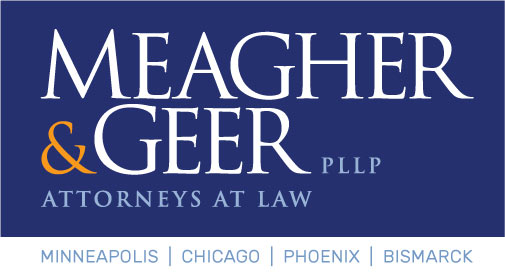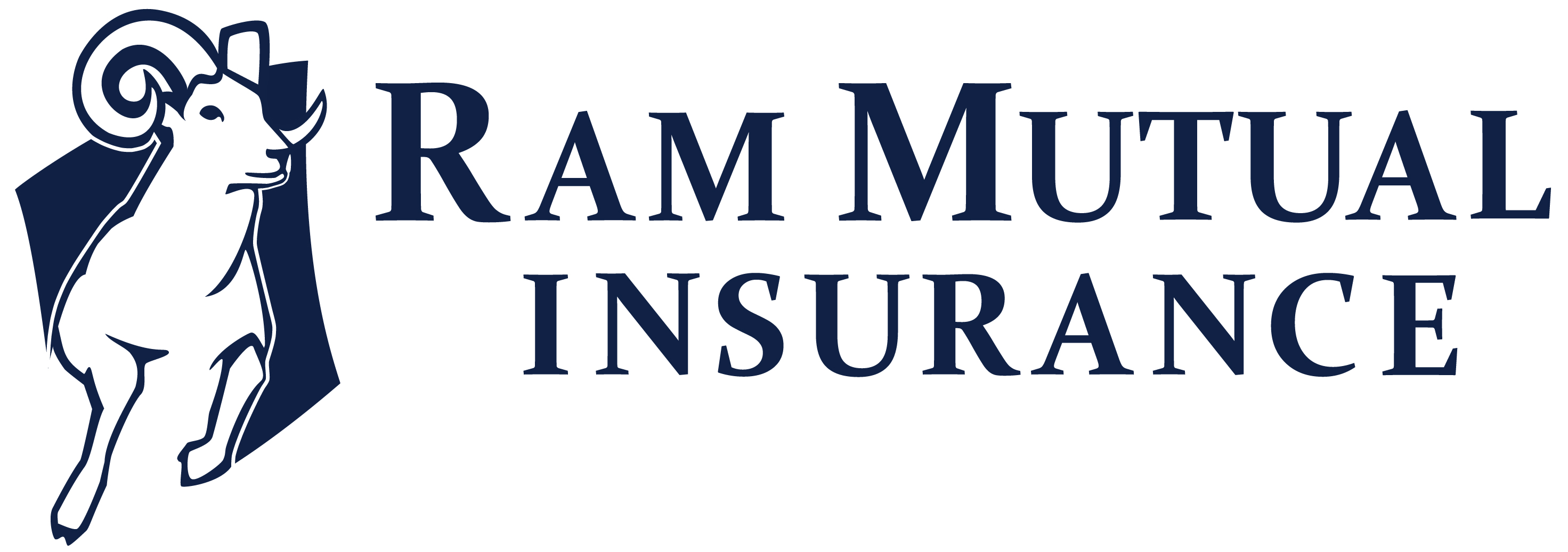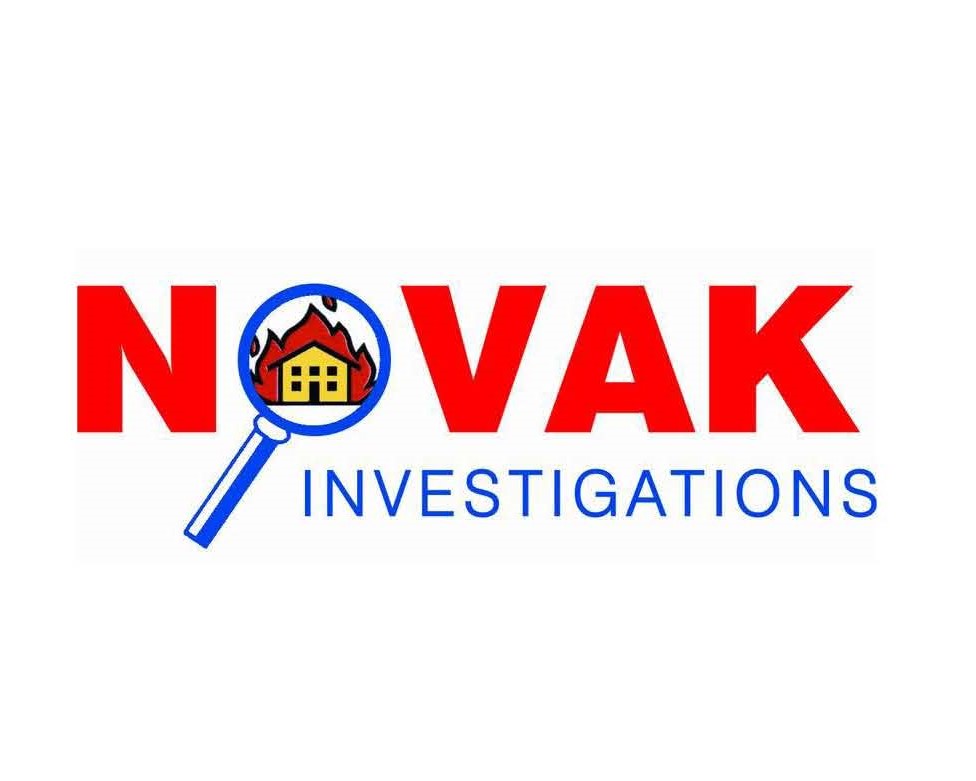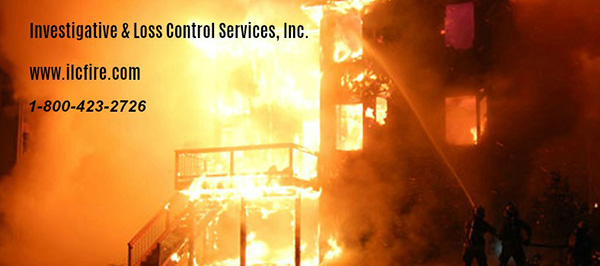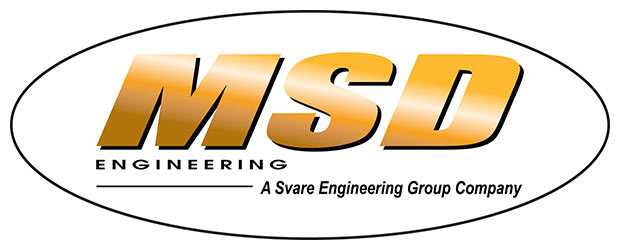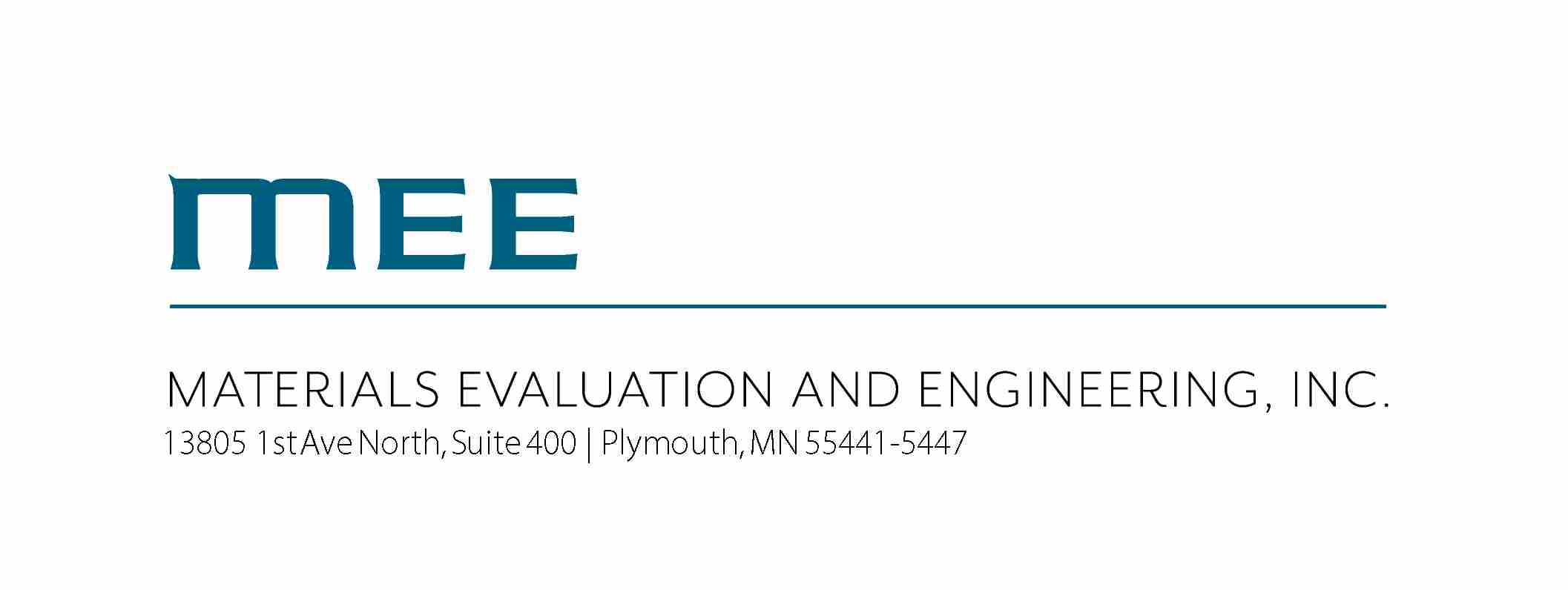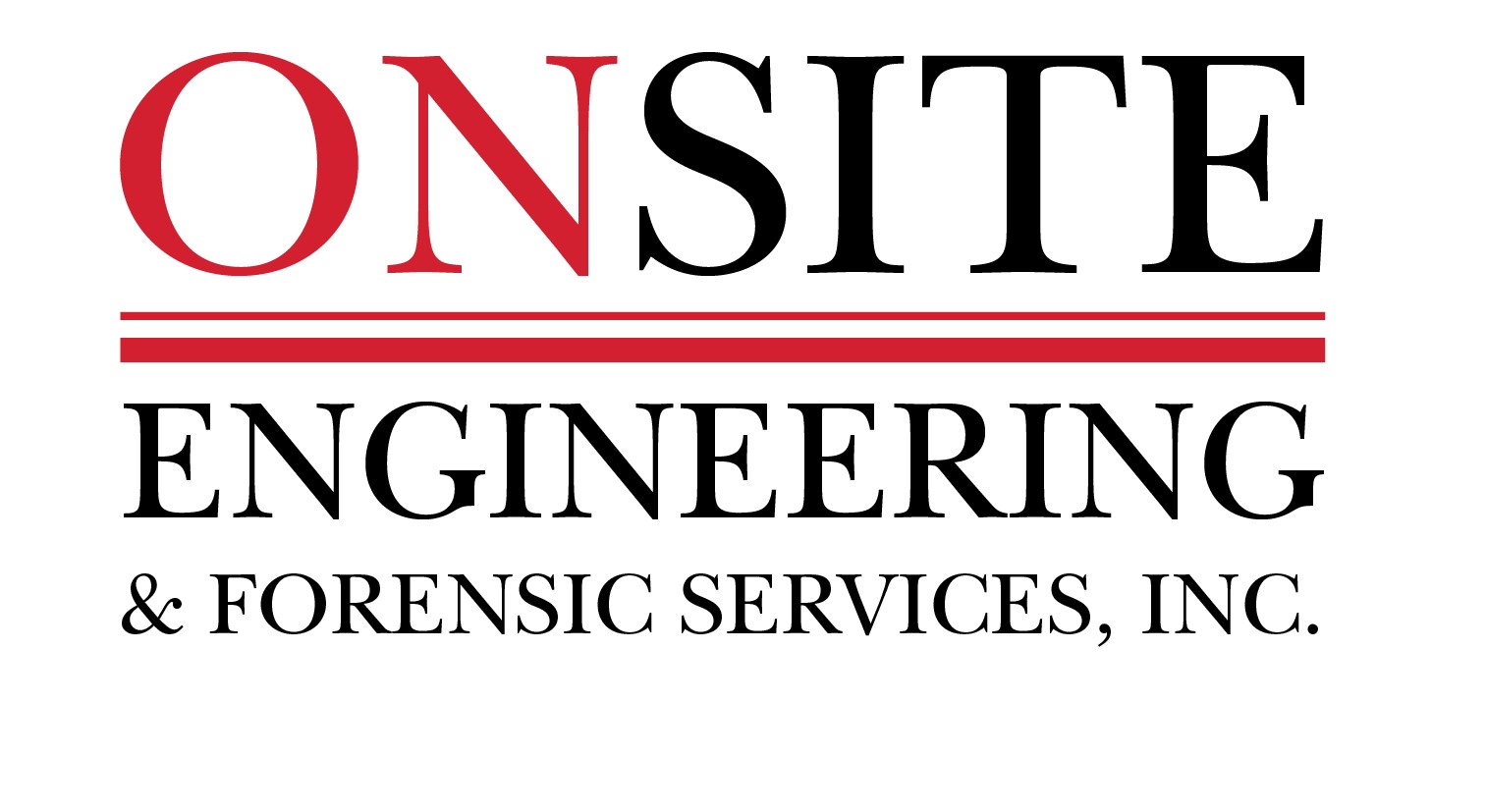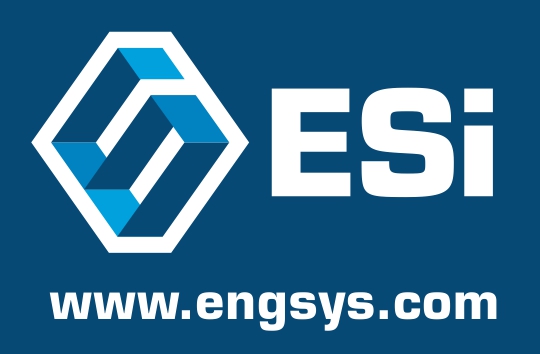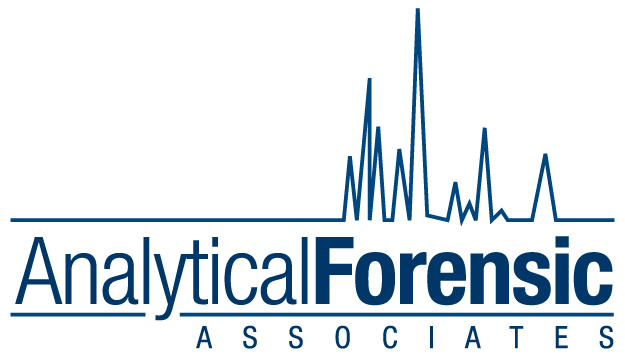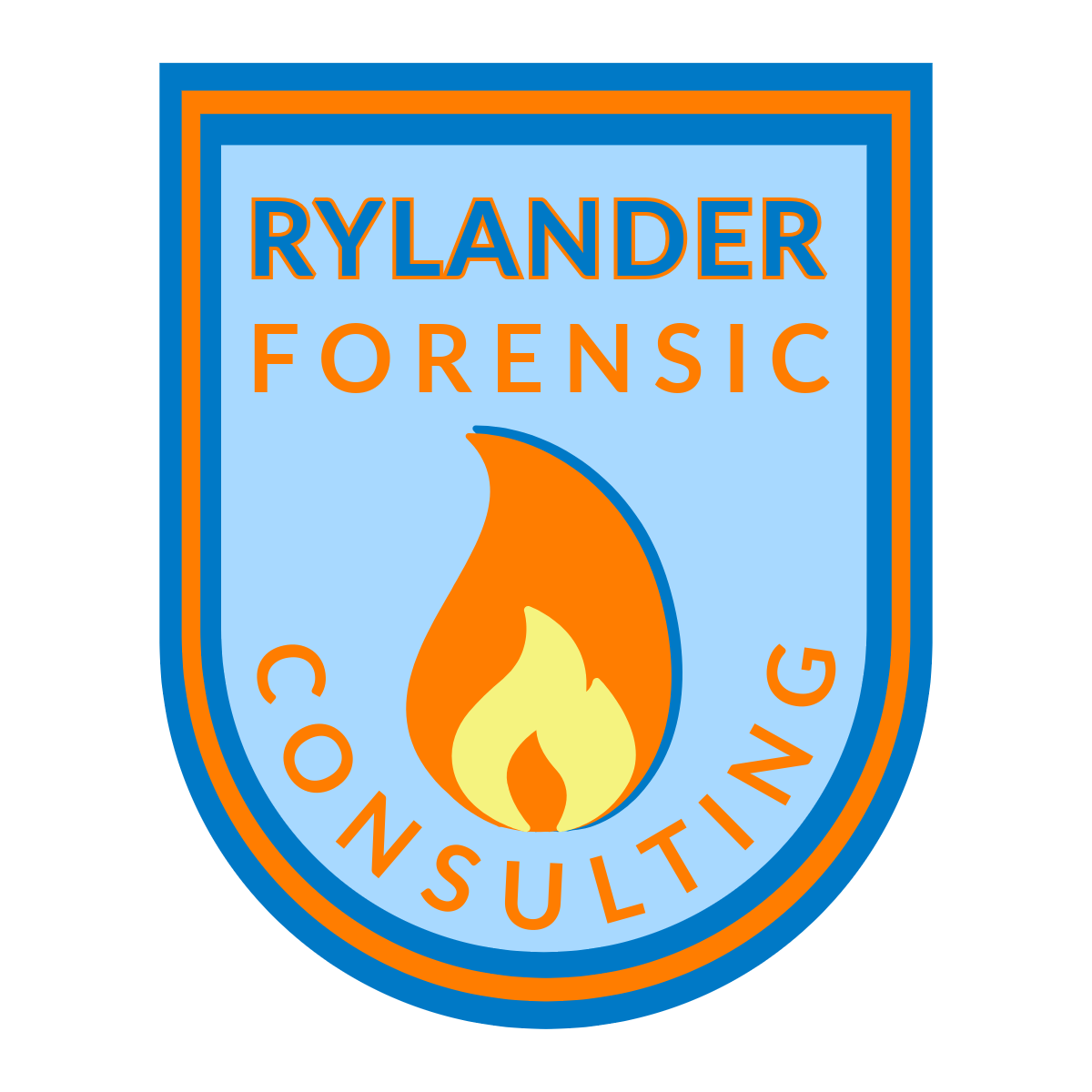|
MINNESOTA CHAPTER
MN IAAI ETHICS COMMITTEE Standard Operating Procedure
II. COMPLAINT FILING AND ADMINISTRATION A. Basis. The basis for a complaint may include the following: 1. Conviction of a criminal offense. 2. Breach of the professional responsibilities or legal duties of an investigator. 3. Violations of the By-Laws or Code of Ethics of the MN IAAI or IAAI. 4. Falsification or misrepresentation of facts or professional opinions related to any investigation. B. Filing. A current copy of this SOP and the forms needed to file a complaint shall be made available on the MN IAAI website. The procedure for filing a complaint, as listed below, must be followed and a failure to comply with this procedure may result in dismissal of the complaint. The procedure is as follows: 2. Complainant submits the complaint with all supporting documents and other evidence. The documents must be sent to MN IAAI by email or U.S. mail. The complainant must include identifying information and contact information regarding the complainant, and an electronic submission shall serve as the signature of the complainant. The complainant must attest to the truthfulness of the allegations in the complaint. 3. Complaints may be filed at any time, subject to limitations in Paragraph C below. If civil or criminal court actions are pending at the time of processing the complaint, processing may be suspended. The chair of the Ethics Committee shall be responsible for determining when the case shall be reactivated for decision by the Ethics Committee. The case must be reactivated within one year of the conclusion of legal proceedings. 4. Matters that come to the attention of the Board of Directors outside the normal complaint process can be referred to the Ethics Committee for review and appropriate action. C. Time Limitation. Except in instances involving fraud, misrepresentations, or omission of an applicant to become a member of MN IAAI, complaints must be received by MN IAAI within one year of the date of the occurrence which is the basis of the complaint. In the event the occurrence was not discovered and could not have been reasonably discovered within three years before the complaint was filed then the complaint must be received within one year of the date of discovery. Any complaint received by MN IAAI based on conduct which occurred more than one year before the date of receipt and which could have been discovered within that one year will be dismissed. There is no time limitation for membership fraud, misrepresentation, or omission. D. MN IAAI Procedures. Upon receipt of a properly documented complaint, MN IAAI will do the following: 1. Assign a unique case number to the complaint. 2. Create and maintain a confidential file for original documents and other submitted evidence. 4. At the conclusion of the case all materials associated with the case shall be returned to MN IAAI to be archived. The archive shall be maintained for a period of 10 years from the date of case closure. III. PROCESSING THE COMPLAINT A. Review. Complaints will be reviewed initially by the Ethics Committee. The review may include investigation, dismissal or other Ethics Committee recommendation to the MN IAAI officers and Board of Directors (The Board). The following procedures will be in effect: 1. The Ethics Committee Chairperson will send written notification of the complaint to members of the Ethics Committee, the complainant, and the accused. This written notification will include copies of the complaint and supporting documents and, if practical, copies of photos or other evidence submitted. Notice to the accused will be sent by certified mail, return receipt requested. NOTE: The accused will be given the name of the complainant at this time. Anonymous claims will not be processed by MN IAAI. 2. The accused, at his/her option, will have 30 days from the date of mailing of the complaint by the chairperson to the accused to provide a written response, including additional documents or evidence, to the Ethics Committee Chairperson. This written response should be provided directly to the Ethics Committee Chairperson who will then send copies to the other Ethics Committee members and the complainant. 3. The complaint and documents or evidence, along with any response from the accused, will be reviewed by the Ethics Committee to determine if further action is warranted. A majority of the Ethics committee membership shall be required to take any action on a complaint. At the discretion of the Ethics Committee Chairperson, reviews may be conducted by physical meeting, electronically or telephonically. 4. After initial review, the Ethics Committee may, by two-thirds (2/3) vote, determine that no further action be taken on complaints determined to be frivolous, unsubstantiated, or unwarranted. If such action is taken, all parties will be notified in writing.
B. Investigation Procedures. 1. Any Ethics Committee investigation may be deferred pending resolution of criminal or civil matter actions involving the accused. 2. If at any time evidence of a criminal act on the part of the accused surfaces, the Ethics Committee investigation may stop, and the investigation of the complaint may be placed on hold pending resolution of the criminal matter. Investigators or other experts retained by the Ethics Committee shall immediately notify the Ethics Committee Chairperson, who will consult with the MN IAAI Chapter Board of Directors to determine the need to notify law enforcement. 3. To the extent required, the Ethics Committee Chairperson may assign investigators or other experts as needed to conduct a confidential and thorough investigation of the complaint. 4. Reports of investigators or other experts will be given directly to the Ethics Committee Chairperson at the conclusion of their investigation. The Ethics Committee Chairperson in turn will provide these reports to the Ethics Committee and the accused but not the complainant. C. Ethics Committee Action. 1. Based on all available facts, supporting documents, reports, and other evidence, including that presented at a hearing (if requested), including the original complaint and the response, of any, by the accused, the Ethics Committee will review the complaint (conducted by a physical meeting, electronically or telephonically) and submit a written recommendation for disposition of the matter by majority vote of the Ethics Committee. The Ethics Committee recommendation will be submitted to the Board at an official Board meeting. The written recommendation shall include: a. Findings as to the alleged violations. b. Recommendations as to sanctions to be imposed. c. Information that will be disclosed to the complainant concerning the disposition of the case. IV. SANCTIONS. Any one or more of the following sanctions may be imposed if a complaint is found justified by the Ethics Committee and sustained by the Board by majority vote. The following actions require a simple majority of the voting members of the Board: 1. An order to cease and desist from a specified activity. 2. A public letter of reprimand from the Board of Directors. 3. MN IAAI Membership probation. The following actions require a 2/3 majority of the Board: 4. MN IAAI Membership suspension. 5. MN IAAI Membership revocation. ** V. OFFICER/BOARD PROCEDURE. A. In the event the Ethics Committee recommends a sanction, the Board will review the Committee's written recommendation and sustain, reverse, or modify it. Board review of an Ethics Committee recommendation shall require a two-thirds (2/3) majority to vote. B. If the Board, by a majority vote, sustains the sanctions, the MN IAAI Chapter President shall promptly notify the accused of the sanctions recommended. Notice by the President to the accused will be in writing and sent by certified mail, return receipt requested. C. Before taking any action on the Ethics Committee recommendation, the Board may request additional investigation, or information using investigators, experts, or the Ethics Committee Chairperson. VI. CONFIDENTIALITY. The recommendations of the Ethics Committee and the decision of the Board vote will be confidential until the decision is final. There will be no publication or other dissemination of the recommendations or vote until the time for a hearing demand and an appeal, if appropriate, has passed. VII. RIGHT TO A HEARING. A. The accused has 30 days from the date of receipt, by certified mail, of the decision to request a hearing before the Board of Directors. 1. The request for a hearing must be in writing and must be sent to MN IAAI by certified mail return receipt requested. 2. The hearing will be presided over by the President or a designee. The triers of fact will include the members of the Board of Directors and the legal adviser for the MN IAAI. A quorum will be required before the hearing can begin or continue, consisting of a 2/3 majority of the Board. 3. All parties will be notified at least 30 days in advance of the hearing date. VIII. HEARING PROCEDURE. A. The accused has a right to be represented, at his/her own expense, by Counsel at all stages of the hearing. B. The accused has a right to a copy of all supporting documents, and access to other evidentiary material utilized by the Ethics Committee during their investigation. The accused may use other materials and documents as well as live witnesses or affidavits at the hearing. The accused must supply documentary and electronic materials he/she is planning to use to the Board minimally 24 hours in advance of the hearing. The accused has the following rights: 1. The right to be present at the hearing at his/her own expense 2. A reasonable opportunity to be heard at his/her own defense 3. To present witnesses and other evidence; and 4. To cross examine any witness called. C. Failure of the accused to appear at the time set for the hearing may be deemed a waiver of his or her right to be present and the hearing shall proceed in his or her absence. D. Failure of the complainant to appear at the time set for the hearing may be deemed a withdrawal of the complaint. E. The complainant, or a designee, shall present evidence of the misconduct. All evidence may be presented in the presence of the accused, his/her counsel, if any, unless the accused is absent or the right to be present is waived by the accused. F. After the complainant or the designee has presented the evidence of the complaint, they shall rest, and the accused may then call witnesses and present evidence. The accused shall not be required to present a case if he or she chooses not to. The chairperson of the Ethics Committee or their designee shall not be called as a witness by the accused. G. At the hearing, the presiding officer shall not be bound by the Rules of Evidence applicable in courts of law or by the Rules of Civil Procedure. The presiding officer may exclude matters which in his/her judgement are irrelevant, duplicative, or unnecessary. H. Any party may request that the proceedings be recorded at their own expense. I. After the hearing, the Board will make a final decision. The decision must be made by a majority of the Board. J. If the Board, after the hearing, votes to sustain or modify the recommendation for sanctions by an appropriate majority vote, the President shall notify the accused within 30 days by certified letter, return receipt requested, of the decision and his/her right of appeal in accordance with this document. K. The decision of the Board shall be reflected in the minutes of the next Board meeting. L. The Ethics Committee Chairperson shall be responsible for notifying the complainant of the results of the case, either after the expiration of the time for appeal or at the conclusion of the appeal, if filed. This notice shall comply with the direction of the Board. IX. RIGHT OF APPEAL. If the decision for sanctions is upheld or modified by the Board, a written appeal may be filed by the accused by using the following procedure: 1. All appeals must be submitted in writing and mailed, certified mail, return receipt requested, to the official MN IAAI address. All appeals must be received by MN IAAI within 45 days from the date of receipt by the accused of the written decision to uphold the sanction, which shall be sent by certified mail, return receipt requested. 2. The time for filing the appeal may be extended, for just cause, by the MN IAAI Chapter President. 3. Written appeals will be limited to 25 pages in length, not including exhibits and must be typed and submitted on 8-1/2 x 11" paper. 5. Any costs incurred by the appellant in pursuing the appeal will be the sole responsibility of the appellant. 6. A majority vote of the special committee is needed to overturn the decision of the Board. 7. A written decision from the special committee will be sent to the President, the chairperson of the Ethics Committee and both the accused/appealing party and the complainant. X. CONFIDENTIALITY. 1. The filing of a complaint and all actions taken in the investigation of a complaint, including the discussions and recommendations of the Ethics Committee and the discussions and decisions of the Board, shall be confidential until a final decision is made. If the matter is dismissed it shall remain confidential. 2. The votes of individual members of the Ethics Committee and the Board will remain confidential. XI. CONFLICTS OF INTEREST. Any member of the Ethics Committee or Board who has a conflict of interest concerning the matter under consideration shall recuse themselves from any further consideration of the matter. A recused member of the Ethics Committee will be replaced by the MN IAAI Chapter President. In the event the Ethics Committee Chairperson recuses him/herself, the President shall appoint an acting Chairperson. If the MN IAAI Chapter President recuses him/herself, the President’s successor shall act in his/her place. The accused may ask that a member of the Committee or Board recuse themselves if he or she believes there is a conflict of interest. A mere filing of a complaint that is brought to the attention of a Director should not be necessarily considered a conflict of interest. COMPLAINANT ADDRESS: PHONE NUMBER: EMAIL ADDRESS: MEMBER IDENTIFIED IN COMPLAINT ADDRESS: PHONE NUMBER: EMAIL ADDRESS: DETAILS OF VIOLATION DETAILS OF COMPLAINT (USE ADDITIONAL PAGE IF NEEDED):
By submitting this document, I attest to the truthfulness of the allegations being made.
_____________________________________________________________ __________________ Signature Date Date the complaint was received: Date the complaint package was sent to complainant: Date the investigation was suspended: Date the investigation was re-started: Date of Committee’s final review: Date that the Committee’s findings were presented to the Board: Date Complainant and Subject Notified: Hearing Date: Appeals Date: All Parties Notified of Final Disposition: File Closed Date: Comments:
RECOMMENDATION OF ETHICS COMMITTEE:
SIGNATURE OF CHAIRPERSON DATE BOARD ACTION:
SIGNATURE OF PRESIDENT DATE ACCUSED MEMBER NOTIFIED OF BOARD ACTION: COMPLAINANT NOTIFIED OF BOARD ACTION: |




